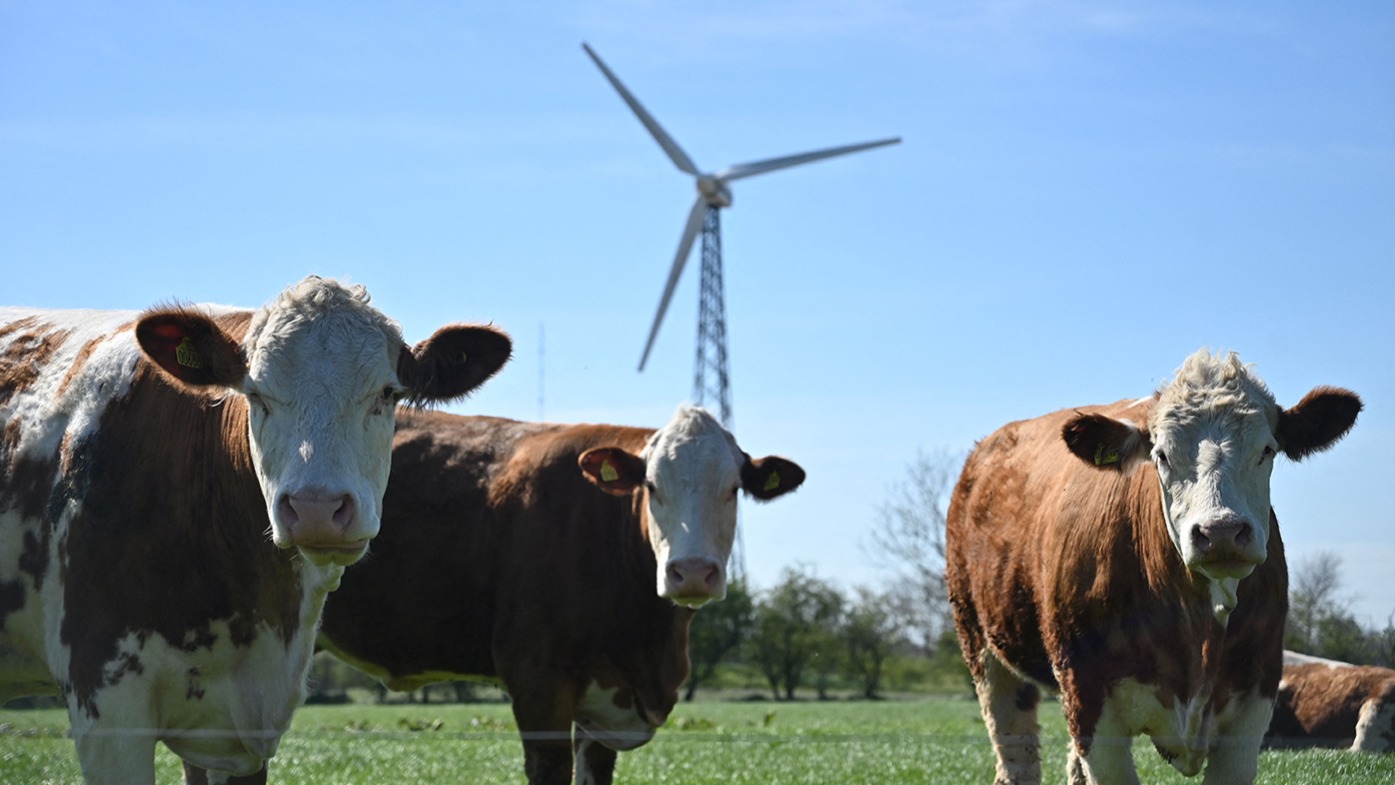Upcoming decisions on the Common Agricultural Policy and next multiannual budget flagged as crucial for carbon neutrality
The European Commission must ensure decisions it takes in the coming weeks and months on the future of farm policy help, rather than hinder, the sector’s potential to contribute to EU climate neutrality goals, says a report by the European Climate Neutrality Observatory, a consortium of European research organisations.
The agriculture sector accounts for 11 per cent of the EU’s carbon emissions, but when the entire agrifood system — including fertiliser production, energy use and transport is taken into account — it could be as much as a third, says the report, citing data from the European Environment Agency.
Current EU policies are projected to reduce agricultural emissions by just 5 per cent below 2005 levels by 2030, the report adds.
It calls on the EU executive to be more ambitious as it considers the future of farming in the EU and the next multiannual budget. The commission’s food and agriculture vision road map published in February 2025 failed to propose “substantial changes to the way food is produced and consumed”, the ECNO report says.
Ongoing negotiations on the next phase (post 2027) of the EU’s CAP, agreement on the post-2027 EU budget in the multiannual financial framework, the post-2030 climate package and proposed circular economy act all present opportunities for more ambition, says the report.
Farmers lack the financial incentives to produce food in more sustainable ways, while subsidies under the CAP favour the production of animal products rather than plant-based foods, which have lower associated emissions.
The report also singles out food waste as a major “blind spot” in EU policy, highlighting that the EU imports as much food as it wastes.
Reducing food waste can decrease dependency on food imports, agricultural inputs such as fertilisers and animal feed, and lower the pressure on land, water and energy resources.
Encouraging people to eat more plant-based food, to eat less beef and reduce food waste should be included in new policy packages, say the researchers.
They also recommend the commission rebalances subsidies under the CAP to encourage more plant-based crops and less livestock, and warns against further simplification of the policy, saying it would compromise its ability to contribute to climate and biodiversity objectives.
The report is available to read here.
